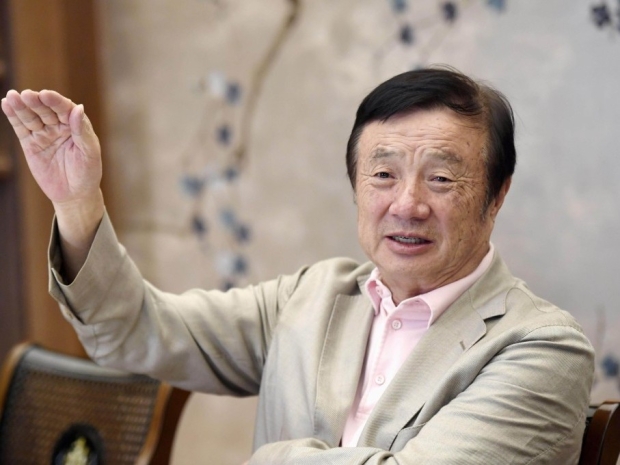Speaking to the Chinese Communist Party’s state mouthpiece, the People’s Daily, Ren admitted the company’s Ascend AI chip still trails behind Nvidia’s by “one generation.The US has exaggerated Huawei’s capabilities we’re not that strong yet.”
This comes after Nvidia boss Jensen Huang had been publicly fretting about Huawei’s AI push, calling the Chinese outfit a “formidable” challenger. Washington’s export bans on Nvidia kit have apparently handed Huawei a golden ticket to scoop up demand at home, particularly as China scrambles for a home-grown answer to the US-dominated AI hardware game.
Chinese firms have started snapping up Huawei’s Ascend gear to replace US silicon, even though the chips have had more than a few teething problems. Analysts have moaned about stability issues, and researchers have grumbled that the hardware doesn’t play nicely in large-scale training setups.
Ren insists those wrinkles are being ironed out. “Using clustering and stacking, our computing results are comparable to the world’s best,” he claimed. The company’s shiny new CloudMatrix 384 server links, as the name suggests, 384 AI processors together, using Huawei’s optical tech.
Of course, making that much silicon work together brings its own headaches. A person involved in testing said customers were helping Huawei tackle problems including overheating and sheer weight. Yes, it’s so heavy it’s apparently an engineering challenge just to install the thing.
The real battle, though, is software. Nvidia has CUDA, a well-established dev platform with loyal users. Huawei, meanwhile, is still struggling to build a proper ecosystem. It might have Rmb180 billion ($25 billion) a year to burn on R&D, with Rmb60 billion of that earmarked for deep research, but it’s not much use without developers on board.
Ren is still bullish, pointing to China’s infrastructure. “AI depends on abundant electricity and advanced network infrastructure. China’s power generation and grid systems are world-class. Our telecoms infrastructure is the most advanced in the world.”




